Driftwood
The state of mind, the internal well-spring of inspiration that drives us all to achieve success or court failure is unpredictably fluid.
Motivation is a fascinating concept. Lately, I’ve spent quite a bit of time contemplating what exactly it is that drives people—myself in particular—and spurs us to rise phoenix-like from the embers of past disappointments, able to face each new day kindled with renewed ambition. The fact that I perceive my own motivation to be inherently motile, amorphous and adaptable is both a boon and a curse.
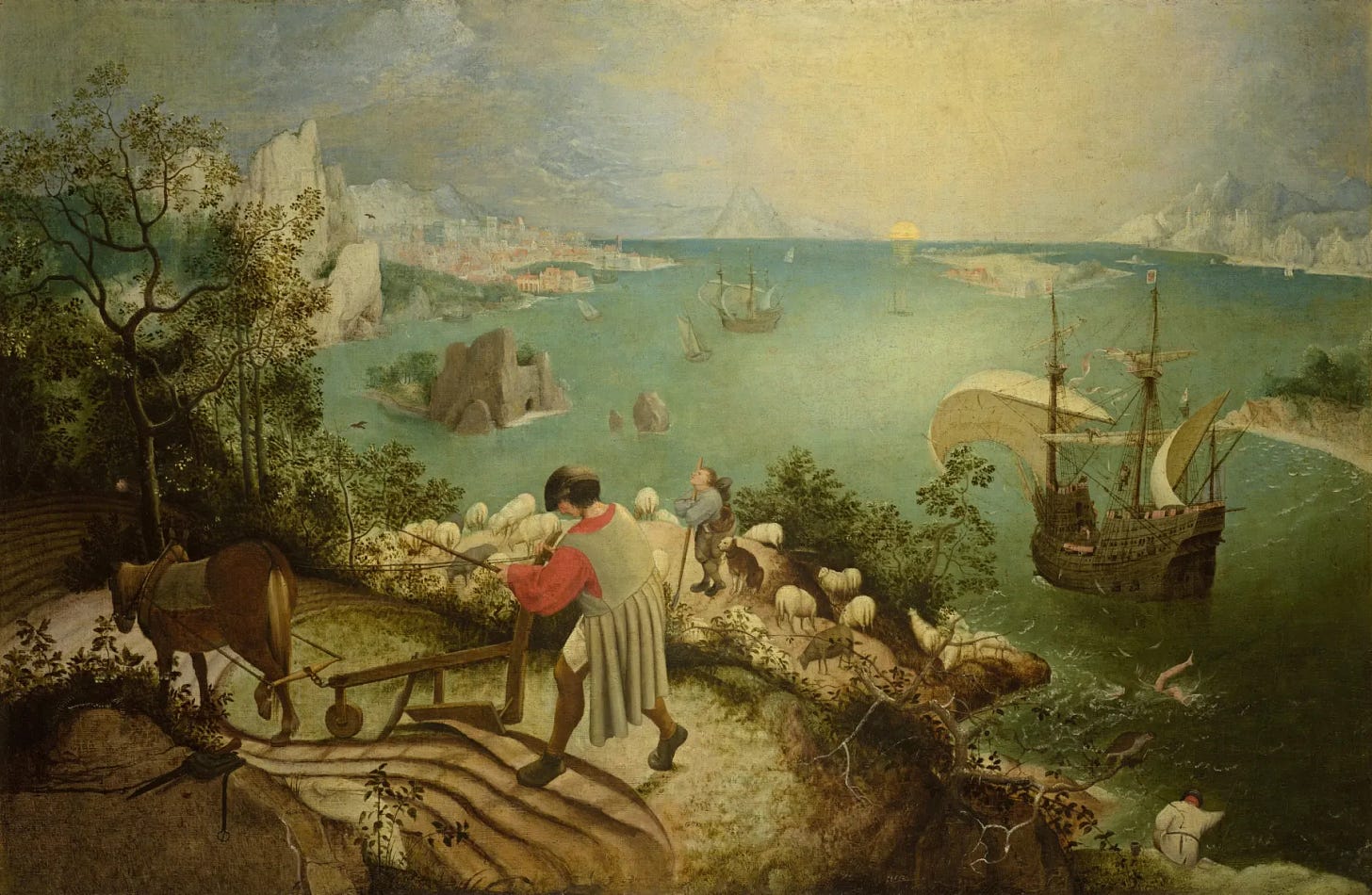
This amazing ability to discard past indignities and start afresh is most likely the result of evolution, and therefore is a heritable trait. What drove my father, and to a lesser extent his father before him—my grandfather trained as a carpenter and later advanced to become a master builder in the city of Coventry during the post-War era—was a desire to earn an honest living in the trades and to support his young family. He initially honed his skills as a plumber, and then went on to acquire a host of other competencies in the construction business throughout the Swinging Sixties. He never went to university. He could moonlight as a capable electrician, draft builder’s plans with the acuity of an architect, hang a door to perfection, or install a gas fireplace like a pro. He tinkered with cars in the garage—I especially remember his Rover 2000 saloon in Mexico Brown. He taught me how to drive my first car, a Mark 3 Ford Escort, with a manual gearbox, how to prime the choke, how to double-declutch, and how to perform a handbrake turn.
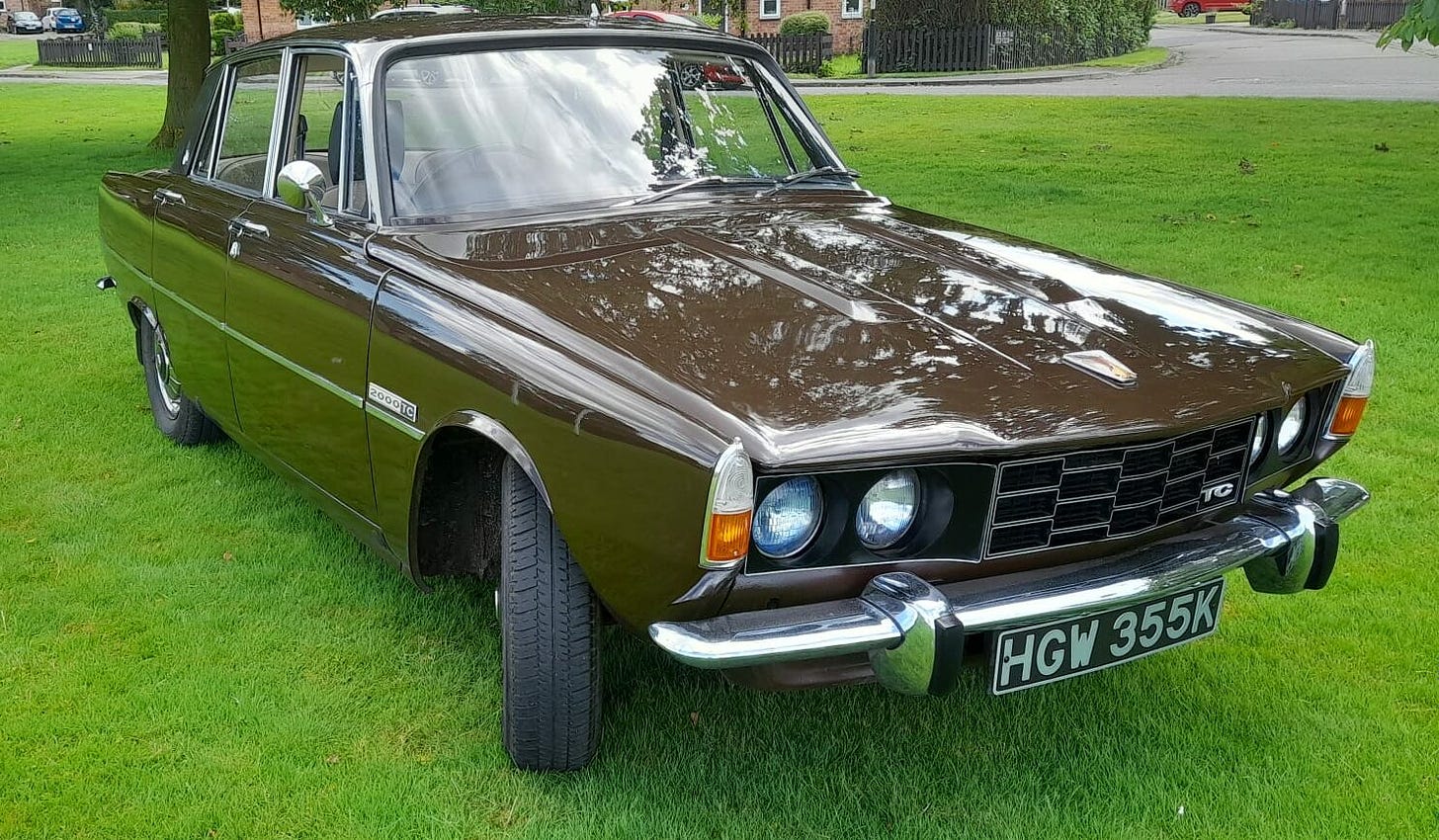
Yet my father was diffident and reserved, and rarely expressed anger, though he must’ve felt it on many an occasion, faced with the general ignorance and stupidity that deluges anyone of high intelligence. He was a calm and passive figure, forming the reassuringly stoic backdrop to what I can only characterise today as ‘a good family life.’
My mother, on the other hand was always more of a spitfire: a powerful motivating force in the Revers household. A serial entrepreneur, becoming quickly tired of the conventional housewifery imposed by society in that era, she clubbed together with a girlfriend she met at the Young Conservative Club, sold the husband’s Ford Cortina and went to college to learn how to cut and style hair. I should point out that Young Conservatives in those days were dominated by a coterie of ardent individualists, many of whom sought to break free from the shackles of working class drudgery and banality by means of a vivacious brand of capitalism. People certainly had spunk in those days: a belief that by dint of hard work and commitment anyone could get ahead. It was, they believed, a brave new world driven by the engine of meritocratic progress. Later the duo took over and grew what was to become a rather successful hair salon in Coventry. During the Sixities, my mother wore a chic bob and ran around in a blue Mini like our own local Coventrian version of Twiggy, the object, no doubt, of many over-the-shoulder glances.

In later years, endlessly and forgivably frustrated with my father’s parsimonious earnings under the draconian auspices of my paternal grandparents—the sole shareholders in the family firm of C.D. Revers & Son, a construction business—my mother convinced my ailing grandfather, Doug, to transform one of his unloved Victorian rental properties into a private care home for the elderly. The result was “Bracklyn” a private residential home that operated and turned a profit for a dozen years or more. With the money that came from such ambitious entrepreneurship, my parents bought a ruined farmhouse in Umbria and spent the next several years fulfilling a dream of building a rural retreat in Italy. But that is another story for another day.
I have never once failed to be impressed by both of my parents’ commitment and resolve. My mother’s outside-the-box ambitions were always tempered by my father’s sober risk aversion; and together they were a robust and successful team. I only hope that my brother and I can do them justice in the generation that stands to take the family firm forward.
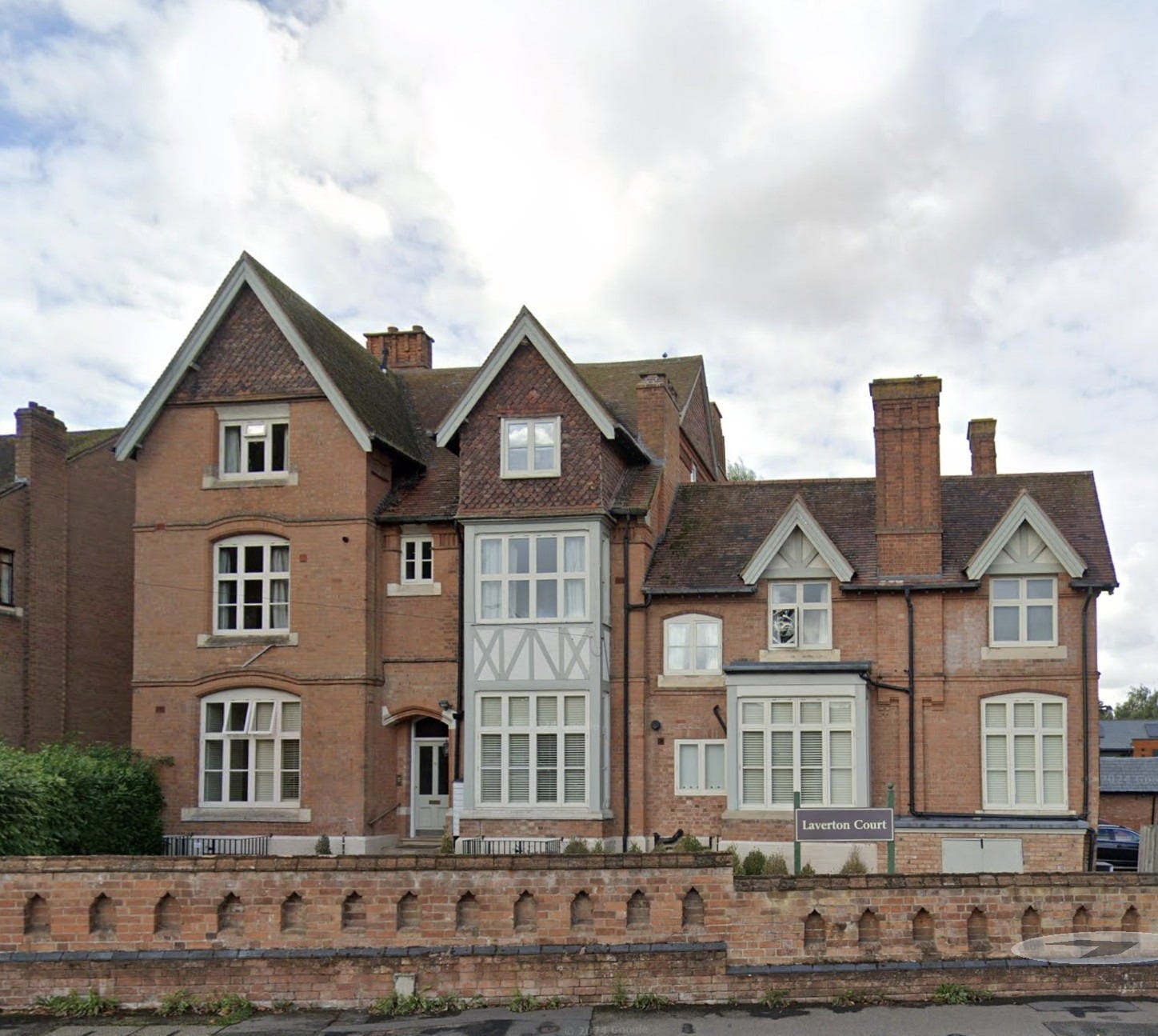
What I’ve noticed in my own case is that I have inherited readily identifiable traits from both parents, which is rather reassuring as someone who filed for his doctoral thesis in the subject of molecular biology and genetics. When I was at Oxford, I was compelled by some unseen inner desire—we can call it motivation—to do any number of things. In the early Nineties, I became entranced by the opportunity to become a film buff. Every week, much to the chagrin of my graduate supervisor, I would disappear on a weekday afternoon, eschewing the tedium of performing enzyme assays alongside my mentor, Dr. Iain Wilson—I’ll no doubt elaborate on that relationship one day soon, because it is another wonderful story—in order to immerse myself in the magical darkness of the movie theatre. I would frequent and soon become a fully paid up member of the Phoenix Picturehouse on Walton Street. I even became friendly with the manager in those days, in the wild hope of landing free prior screenings of upcoming films; and I would pore over their once-a-term printed programmes with meticulous attention. Indeed, I discovered they were not the only cinematic gig in town. There was the famous ‘Penultimate Picture Palace’ on the Cowley Road. And ‘Not the Moulin Rouge’ up in Headington.
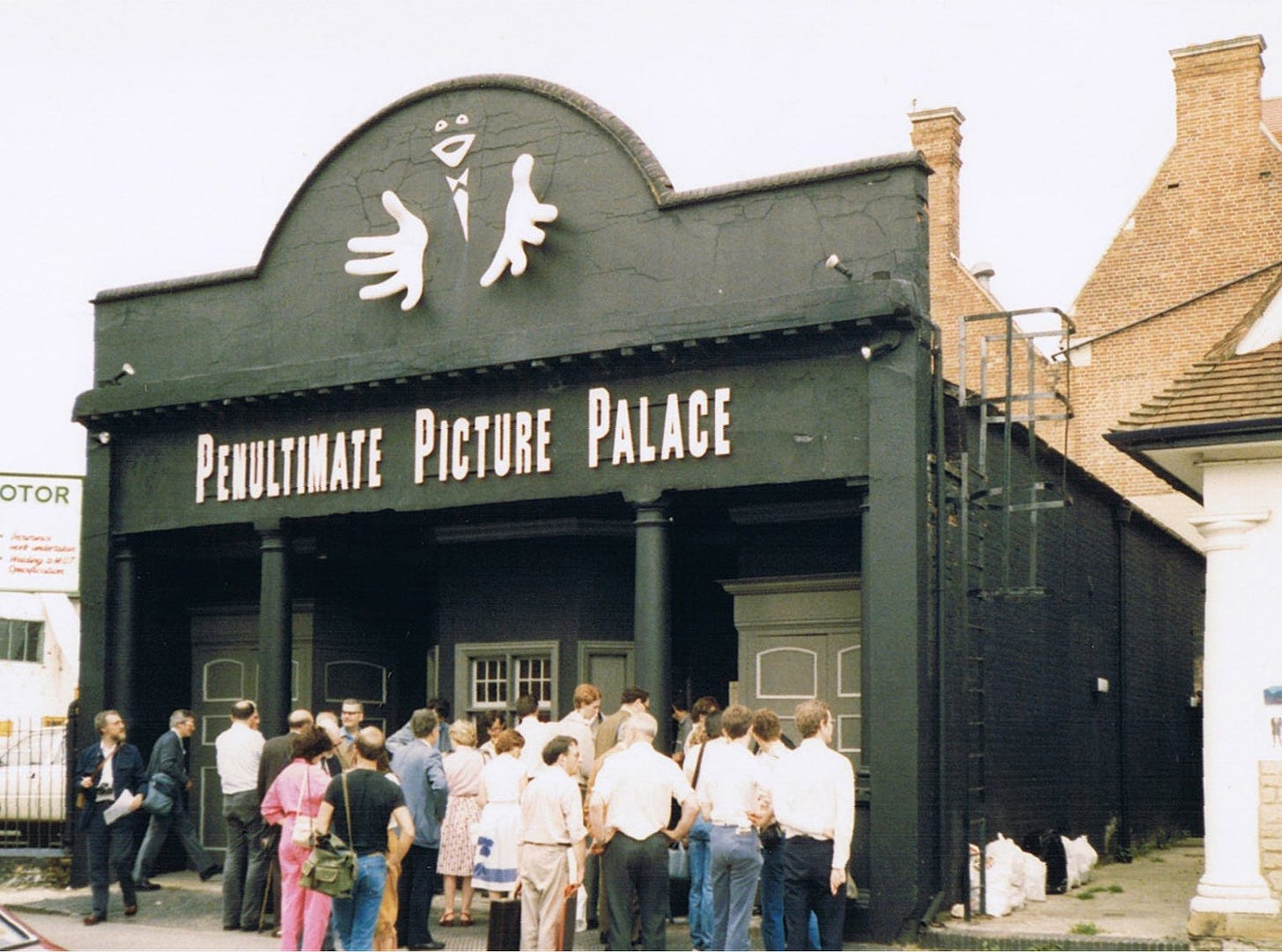
It was not long, perhaps driven by a new passion to share my opinions—a passion that has boomeranged back in recent times—that I wrote for The Oxford Student as their movie correspondent. Of course, today, it seems that this fine newspaper has descended into predictable wokery, ideological capture and barmy pro-Palestinian sentiment. But in those days, it was the bright, shiny new kid on the block, competing against the edifice that is Cherwell, Oxford’s legacy student newspaper.
But after a time, my motivation shifted into a new gear. I recall that it was a late-night screening of auteur Denis Arcand’s breakthrough offering, Jesus of Montreal, that led me to fantasise about a possible future in Canada. That movie made the prospect of the Canadian dream so real and so desirable that, all of a sudden, nothing else seemed to matter. And so, I embarked on a new path. Iain Wilson made mention to me of a scientific leader in my field, Harry Schachter, who happened to be based at Toronto’s Hospital for Sick Children, and jumping on this lead, I pursued and secured a scholarship from the Leverhulme Trust to chase down my dream. That’s the story of how I—a British immigrant educated to the very highest levels that exist anywhere in the world—came to live and work in Canada.
What happened next is a story for another day, but I’ve been living in this fine nation ever since. The fact that now, almost three decades later, I am planning my return to the United Kingdom reflects not so much my reaction to the collective derangement of my current employer, whose absurd monotheistic conviction seeks to expunge me from the ranks of my peers, to eradicate my legacy with the meticulous efficiency of Victor the “Cleaner” in La Femme Nikita, but rather a new burst of enthusiasm and optimism as my motivation is redirected elsewhere. I have a business to run and properties to manage and a living to make.
What astonishes me most is how adaptable the human psyche seems to be. Motivation is fluid and mutable, and it finds new goals to focus on. It is a cycle of regeneration. Always look forward, because the past is merely a phantom, and it has no meaning beyond that we grant it. I have learned much, and I have realised the thing that once triggered my fantasy, the thing that lured me into an intoxicating dream of a perfect future was, in fact, a falsehood. I belong not here, but in the land of my forefathers. And my future is unseeable; and it is mine alone.




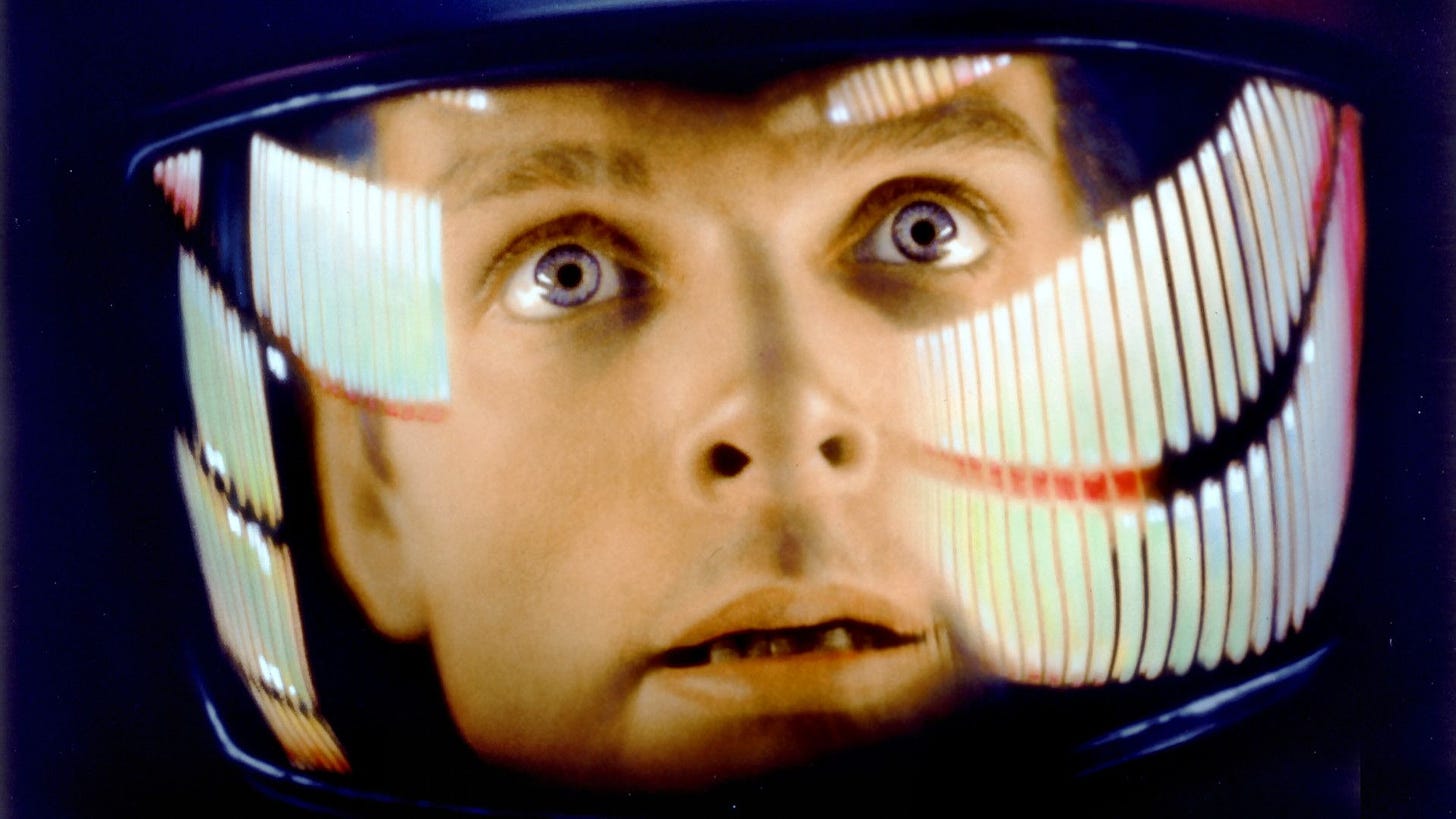
Very nice. Your parents sound really interesting. Also cool that your family hails from Coventry, I spent a lot of time in the early 2000s (when I worked for RR) in and around Coventry, mostly based at Ansty on the East of Coventry. Spent many weeks at Coombe Abbey and Anstey Hall, very nice places. The midlands is a really nice area.